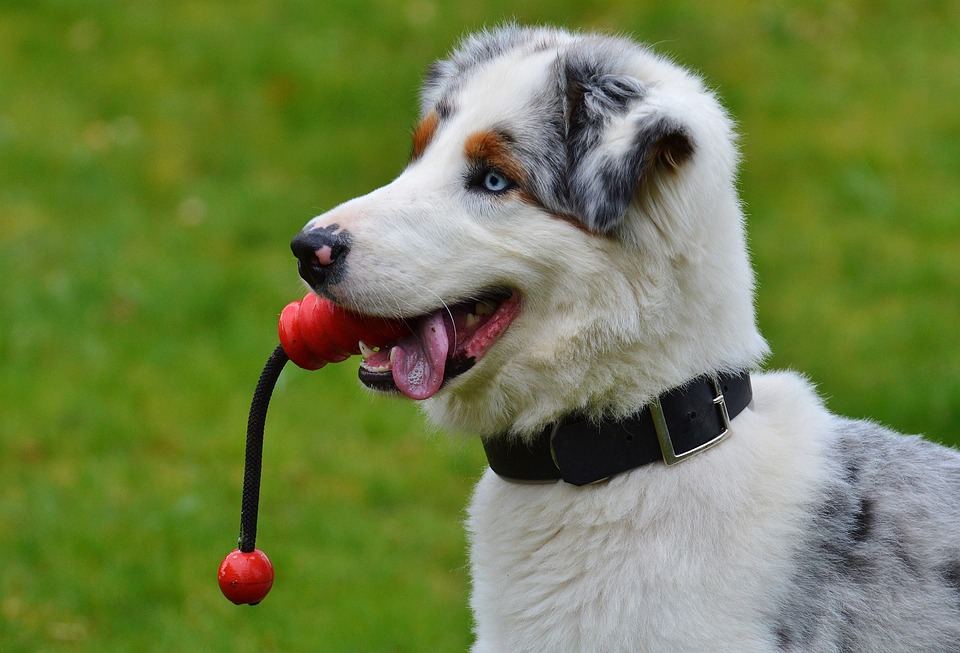*Dental Disease Signs and Symptoms*
Dental disease in dogs can manifest in various signs and symptoms that pet owners should be aware of. By recognizing these indicators, dog owners can take prompt action and seek veterinary attention when necessary. Some common signs of dental disease include:
**1. Bad breath (halitosis):** Persistent foul breath is often one of the first signs of dental disease in dogs. The buildup of bacteria and plaque on the teeth and gums can result in an unpleasant odor.
**2. Excessive drooling:** Dogs with dental disease may drool excessively due to pain, discomfort, or difficulty in swallowing. Excessive drooling can also be a sign of gum inflammation or infection.
**3. Difficulty eating or chewing:** Dogs experiencing dental issues may struggle to eat or chew their food. They may show reluctance to eat, drop food from their mouth, or chew on one side of their mouth to avoid pain.
**4. Pawing at the mouth or face:** If a dog is pawing at their mouth or face, it may be a sign of dental pain or discomfort. Dogs may try to alleviate their discomfort by rubbing or scratching their mouth.
**5. Red, swollen, or bleeding gums:** Inflamed gums are a common sign of dental disease. The gums may appear red, swollen, or bleed easily when touched. This can indicate gum disease or infection.
**6. Loose or missing teeth:** Dental disease can cause teeth to become loose or fall out. If you notice any missing teeth or teeth that seem wobbly, it is essential to seek veterinary attention.
**7. Tartar buildup:** The accumulation of tartar on the teeth is a clear sign of dental disease. Tartar appears as a yellow or brownish coating on the teeth and can contribute to gum inflammation and tooth decay.
**8. Changes in behavior or mood:** Dogs experiencing dental pain may exhibit changes in behavior or mood. They may become irritable, withdrawn, or show signs of aggression when their mouth is touched or approached.
*Seeking Veterinary Attention*
Early detection and intervention are crucial in preventing dental disease from progressing and causing further complications for dogs. Here are some important steps to take in seeking veterinary attention for your dog’s dental health:
**1. Early detection and prevention:** Regularly inspect your dog’s mouth for any signs of dental disease. By catching the problem early, you can minimize the impact on your dog’s oral health and overall well-being. Prevention is always better than cure.
**2. Importance of regular dental check-ups:** Schedule regular dental check-ups with your veterinarian to monitor your dog’s oral health. Veterinarians can identify dental issues early on and provide appropriate treatment and preventive care.
**3. Professional dental cleaning (prophylaxis):** Professional dental cleanings are essential for maintaining your dog’s oral health. These cleanings involve the removal of plaque, tartar, and bacteria from the teeth and gums under anesthesia. Regular professional cleanings can help prevent and manage dental disease.
**4. Dental X-rays and diagnosis:** In some cases, dental X-rays may be necessary to evaluate the extent of dental disease. X-rays can reveal underlying issues such as abscesses, tooth root infections, or fractures that may not be visible to the naked eye.
**5. Treatment options for dental disease:** Depending on the severity of the dental disease, treatment options may vary. These can include tooth extractions, periodontal therapy, antibiotics, or other necessary procedures to restore oral health.
*Frequently Asked Questions (FAQs)*
1. **What causes dental disease in dogs?**
Dental disease in dogs is primarily caused by the buildup of plaque and tartar on their teeth. Bacteria present in the mouth combine with food particles and saliva, forming a sticky film called plaque. Over time, plaque hardens into tartar, which can lead to gum inflammation, tooth decay, and various oral health issues.
2. **Are certain dog breeds more prone to dental disease?**
While dental disease can affect any dog, certain breeds may be more prone to developing oral health problems. Small dog breeds, such as Yorkshire Terriers and Chihuahuas, are often more susceptible due to their overcrowded teeth. Breeds with short snouts, like Bulldogs and Pugs, may also have an increased risk of dental issues due to their unique jaw structure.
3. **Can dental disease in dogs lead to other health problems?**
Yes, dental disease in dogs can have far-reaching effects on their overall health. The bacteria present in the mouth can enter the bloodstream, potentially leading to infections in vital organs such as the heart, liver, and kidneys. Regular dental care is crucial not only for maintaining a healthy mouth but also for preventing systemic health problems.
4. **How can I prevent dental disease in my dog?**
Preventing dental disease involves several key steps. First, establish a daily oral hygiene routine, which may include brushing your dog’s teeth with a pet-friendly toothpaste, offering dental chews or treats, and using oral rinses. Additionally, provide a balanced diet and avoid feeding your dog excessive amounts of sugary or sticky foods. Regular veterinary check-ups and professional dental cleanings are also essential for preventing and addressing dental issues.
5. **When should I seek veterinary attention for my dog’s dental problems?**
It is advisable to consult a veterinarian if you notice any signs of dental disease in your dog. Early intervention can prevent the condition from worsening and minimize discomfort for your pet. Additionally, if your dog’s behavior or eating habits change, or if you observe any swelling, bleeding, or loose teeth, seeking veterinary attention is crucial to ensure proper diagnosis and treatment.
By understanding the signs of dental disease in dogs and the importance of seeking veterinary attention, you can play a crucial role in maintaining your furry friend’s oral health. Prioritize regular dental care, and consult with your veterinarian for personalized advice and treatment options tailored to your dog’s specific needs. Remember, a healthy mouth means a happy and healthy dog!









